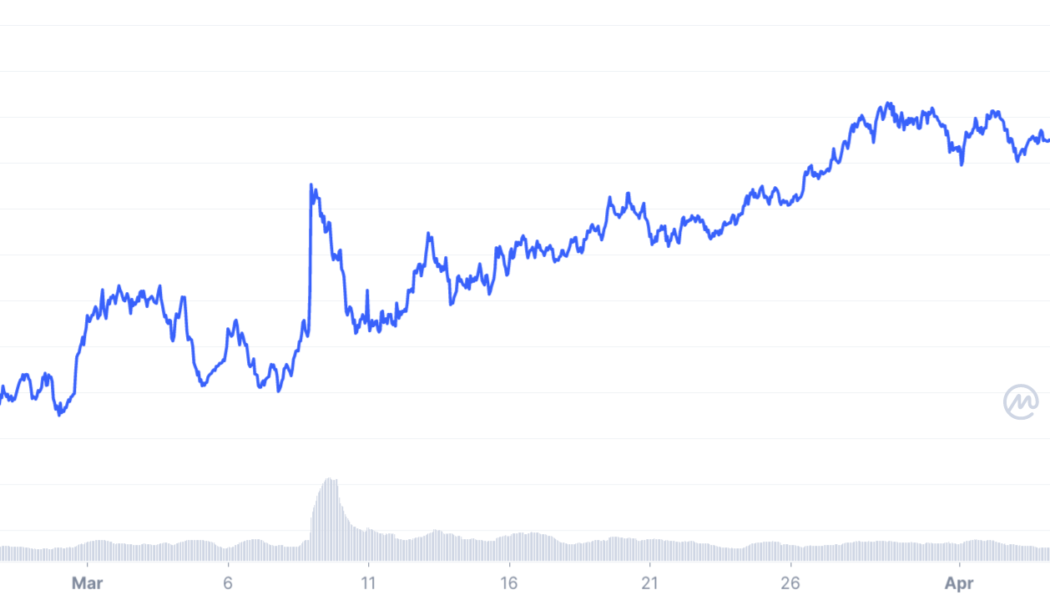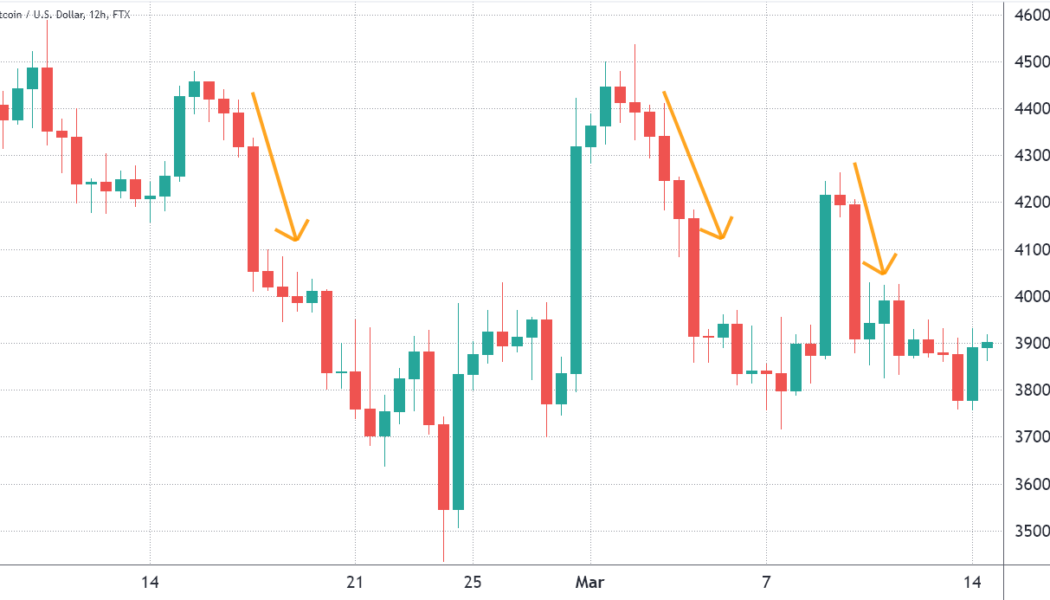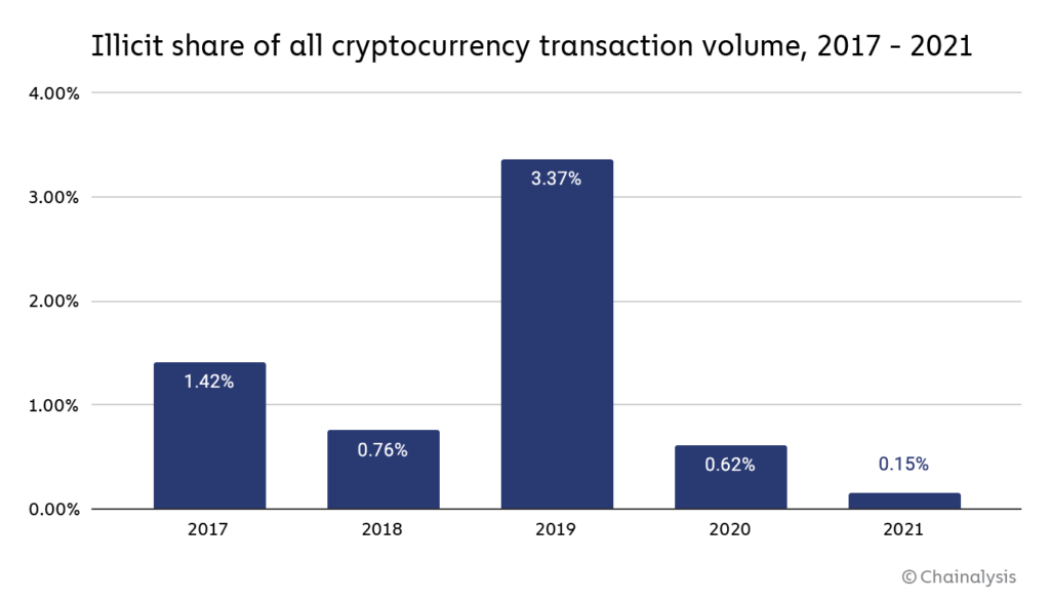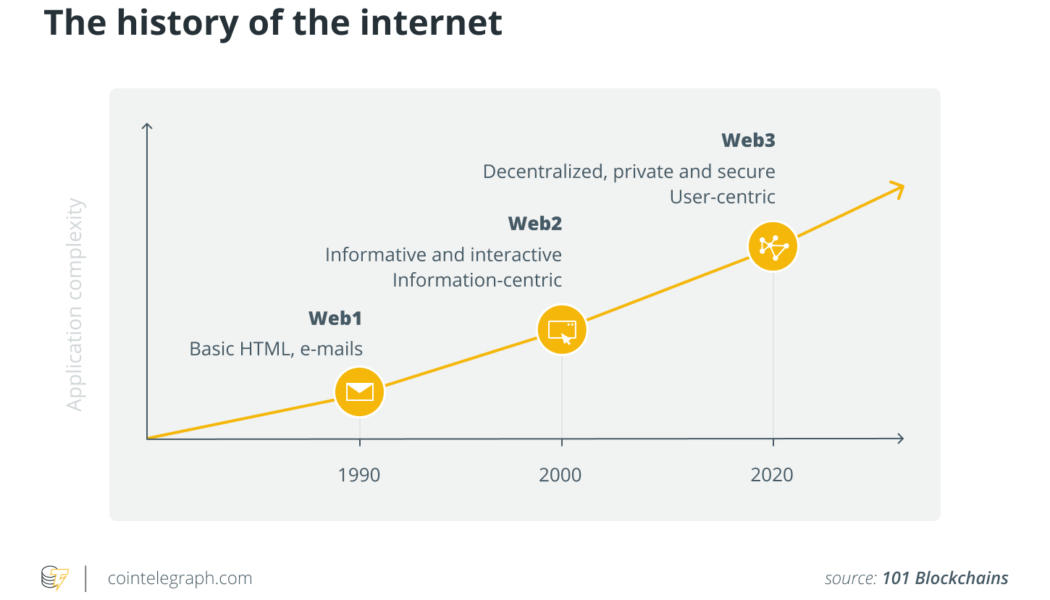Privacy
Binance pushes back against report exchange supplied customer data to Russian government
Major crypto exchange Binance challenged the accuracy of a report, which stated one of its regional heads agreed to supply Russia’s financial intelligence unit with customer data potentially related to donations for anti-corruption and anti-Putin activist Alexei Navalny. Reuters reported on Friday that Binance’s head of Eastern Europe and Russia Gleb Kostarev met with officials from Russia’s Rosfinmonitoring, a financial monitoring service linked to the country’s Federal Security Service, or FSB, in April 2021. Kostarev reportedly agreed to a request from the government body to turn over certain user data — including names and addresses — later telling an associate he didn’t have “much of a choice” in the matter. However, another unnamed crypto exc...
Tornado Cash says it’s using Chainalysis oracles to block access from OPAC sanctioned addresses
On Friday, Tornado Cash announced that it was using oracle contracts from Chainalysis to block wallet addresses sanctioned by the U.S. Office of Foreign Assets Control, or OFAC. The move comes after the U.S. Department of the Treasury linked North Korean cybercriminal Lazarus Group as an alleged perpetrator for the recent $600 million+ Ronin Bridge exploit. As told by blockchain analytics firm Elliptic, the hackers have sent approximately $80.3 million worth of Ether (ETH) through Tornado Cash. “Maintaining financial privacy is essential to preserving our freedom; however, it should not come at the cost of non-compliance,” said the Tornado Cash team. Tornado Cash is a popular cryptocurrency mixture used to obfuscate the trail of transactions for privacy. The Chainalysis S...
Crypto mixers’ relevance wanes as regulators take aim
Cryptocurrency mixers have been an interesting topic of discussion ever since the advent of cryptocurrencies and their adoption by retail investors around the world. Cryptocurrency mixers are services that essentially focus on one feature of a blockchain network: privacy. Cryptocurrency mixers, also known as tumblers, provide anonymity so no one can trace the sender or receiver of a transaction. This can help protect the identity of individuals who want to be completely anonymous and non-traceable. How cryptocurrency mixers work is that they break down the funds sent using the mixer and scramble them with other transactions. They break the link which associates the holder’s identity to the crypto they own. A process used to anonymize cryptocurrency transactions is known as Coin...
Monero defies crypto market slump with 10% XMR price rally — what’s next?
Privacy-focused cryptocurrency Monero (XMR) rallied by nearly 9.5% in the past week compared with the crypto market’s decline of 8.5% in the same period. What’s more, the XMR/USD pair has broken above a strong, multi-month resistance trendline, hinting at more upside ahead. XMR price action XMR’s price was down by a modest 0.87% on April 10 from its two-month-high of $245 established a day before. However, the cryptocurrency still outperformed its top rivals, including Bitcoin (BTC) and Ether (ETH), on a weekly timeframe. Speculations about entities using Monero to bypass sanctions could have boosted its appeal among investors. Meanwhile, The American research group Brookings warned last month that Monero, the first in the line of privacy coins, could...
Privacy coins are surging. Will regulatory pressure stall their stellar run?
Recent weeks saw a massive surge of the so-called privacy coins’ prices — namely Monero (XMR), Dash (DASH), Zcash (ZEC) and Haven Protocol (XHV). As many other cryptocurrencies and the industry at large faced immense regulatory pressure amid the war in Ukraine, one narrative that began taking hold in the crypto space was the potential of such privacy-enhancing assets to provide investors a greater level of financial anonymity. But, can privacy coins deliver on Bitcoin’s (BTC) original promise? A good month for privacy-focused assets Over the past month, Monero has almost doubled its tally. With some minor oscillations, it rose from $134 on Feb. 24 to over $200 on March 26. ZEC showed even more impressive dynamics that hiked from $88 to $202 over the same period. DASH also pulled off ...
Bitcoin’s got 3 strikes, but investors remain calm despite price drop
After Bitcoin (BTC) faced its third consecutive rejection, investors became more confident in adding altcoin positions. For the leading cryptocurrency, the path to $50,000 appears more challenging than previously expected. According to Euronews Next, on March 14, the European Union rejected a proposed rule that could have banned the energy-intensive proof-of-work (PoW) mining algorithm used by Bitcoin and other cryptocurrencies. Several EU parliamentarians have been pushing to ban PoW mining over energy concerns. BTC/USD price at FTX. Source: TradingView In terms of performance, the aggregate market capitalization of all cryptos was relatively flat over the past seven days, registering a modest 0.4% gain to $1.77 trillion. However, the apparent lack of performance in the overall market doe...
No crypto for criminals: Coinjoin BTC mixing tool to block illicit transactions
CoinJoin, a popular Bitcoin (BTC) mixing tool, will block transactions associated or flagged as illegal. The announcement came from the official Wasabi Wallet Twitter account, of which Coinjoin is a part. The zkSNACKs coordinator will start refusing certain UTXOs from registering to coinjoins. pic.twitter.com/X3kBuQwieO — Wasabi Wallet (@wasabiwallet) March 13, 2022 The official announcement noted that CoinJoin services would start blocking certain unspent transaction outputs (UTXOs) from registering with CoinJoin using the zkSNACKs coordinator. A zkSNACKs coordinator is a virtual machine used to mix the origin of the transitions. Privacy-focused mixing tools are primarily used to obscure the origin of the transactions and are often seen as a medium to wash illicit funds. However, as block...
The virus killer: How blockchain contributes to the fight against COVID-19
On Jan. 30, the South China Morning Post reported that one of the largest Asian pharmaceutical companies, Zuellig, had launched a blockchain-based system to track the quality of COVID-19 vaccines. Called “eZTracker,” it allows any user to “instantly verify the provenance and authenticity” of vaccines by scanning the QR code on the package. Somewhat surprisingly, throughout the pandemic, there have not been many reports of blockchain-based products adopted by big pharma or global healthcare organizations to bolster the anti-COVID effort. Here is a rundown of the major cases of such adoption, along with possible reasons for the limited interest in blockchain among healthcare officials. South Korea: Blockchain vaccine passports In April 2021, the South Korean government became the first...
America COMPETES Act passes House without ‘disastrous’ provision on crypto
A piece of legislation aimed at addressing supply chain issues to keep the U.S. economy and businesses competitive has passed the House of Representatives — without a provision many in the crypto space had criticized for giving the Treasury Secretary authority to shut down exchanges. In a 222-210 vote on Friday, the House of Representatives passed the America COMPETES Act mostly along party lines. The provision originally proposed by Connecticut Representative Jim Himes would seemingly have allowed the Treasury Secretary to have fewer limits on surveilling financial institutions with suspected transactions connected to money laundering and not open the matter to include public feedback. However, lawmakers modified the wording earlier this week to safeguard restrictions currently under by t...
Decentralized technology will end the Web3 privacy conundrum
Although the modern internet connects us like never before, one thing that younger generations have never truly experienced is the feeling of genuine privacy. Even older generations have forgotten what life was like before our every thought and action were tracked. Web3 envisions an open, trustless, permissionless internet where users can interact with each other peer-to-peer without giving up ownership control, privacy or relying on intermediaries. Underlying that vision, blockchains are one of the most important tools. They eliminate the need for trusted third parties and help to create a direct relationship between users and service providers, recording the rules of engagement on immutable ledgers and even storing direct interactions between them. Blockchains also fundamentally reconfig...























